Summer is here in Eastern PA, and that means most of us are enjoying time outdoors. Time spent hosting backyard barbecues, playing yard games, and having fun. Here in Eastern PA, lawn surface insects such as grubs, chinch bugs, and sod webworms can turn even the healthiest lawn into a backyard nightmare, making it appear making it unpleasant and not as enjoyable. In this article, we discuss a few of the most common surface insects looking to destroy your beautiful lawn. They are all searching for their next meal and we want to make sure it’s not your turf on their menu.
Chinch Bugs
Chinch bugs are tiny little varmints that stab the blades of your grass and suck out the juices. When they do this, they release a toxin that cuts off your turf’s water supply, dehydrating it and causing it to die. They are well camouflaged and live within the layer of thatch just above your soil, so the chances of you seeing them on your grass are slim. They are grayish-black with red legs and do most of their damage to warm-season grasses, but cool-season grasses are not immune as they will damage both.
Symptoms of chinch bug damage often mimic symptoms of drought. In the beginning, your grass turns yellow. Eventually, it will turn brown and then die. As the grass begins to die, the chinch bugs move to the
perimeter of the wilting grass, and the dead patches spread outward.
Chinch Bug Control and Prevention
When mowing your lawn, cut no more than one-third of the blade down. Cutting more than that weakens your grass and makes it more prone to infestations. Another good practice is to keep your lawn dethatched and have it aerated annually. Chinch bugs prefer to live and lay their eggs in thick layers of thatch on your grass. Therefore, having it removed will deter these critters from making your lawn their home. It will also help loosen up your soil allowing much-needed water, sunlight, and oxygen to permeate your roots.
If an infestation does occur, store-bought pesticides can help. Most have challenging and specific instructions and have to be applied precisely at an exact time, therefore we suggest hiring a professional lawn care company.
Sod Webworms
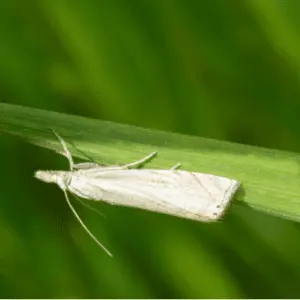
The first signs of sod webworm feeding are noticing that the top portion of your grass blades is missing. This is because the larvae of the sod webworms munch on your grass blades once they are hatched. Adult sod webworms are not harmful, but as they fly around your grass, they lay eggs that bury into your soil. Sometimes referred to as “lawn moths,” sod webworms are approximately 1/2 to 3/4 inches in length and grey colored with snout-like projections extending from their forehead. Sod webworm larvae (caterpillars) are gray to tan with small dark spots on the body and brown heads. Young larvae fix themselves in silk-lined tunnels in thatch. As they grow, they cause larger areas of your grass to turn brown.
Due to our invariable weather here in Eastern PA, sod webworm damage can often be confused with various other lawn stressors. If you want to diagnose a sod webworm infestation properly, mix 1/4 cup of dish detergent and two gallons of water. Mark off a few brown patches and soak that area with your mix. If you have a sod webworm problem, they will begin surfacing within minutes.
Sod Webworm Control and Prevention
The best way to prevent these lawn munchers from taking over your lawn is through proper care and maintenance of your grass. Water and fertilize regularly so that your grass’s roots grow healthy and strong and are better able to resist infestations. If an infestation occurs, focus on controlling the larvae and not the moth adults. Bacillus thuringiensis can be used in early spring when you first notice their appearance. Unfortunately, it is not always effective. Investing in a surface insect control plan from lawn care professionals is your best option. Delaware Valley Turf offers a highly effective grub and pest control service to treat grubs and other surface lawn pests for homes and businesses.
Mole Crickets
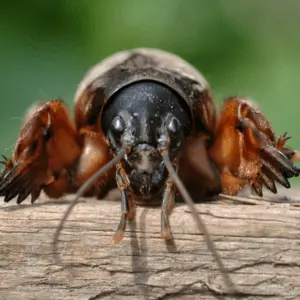
These alien-looking creatures resemble moles, are about one to two inches long, with large beady eyes and menacing front claws used for digging. While they will feed on plants and animals, most of their damage occurs to your lawn because of their tunneling. Like moles, they tunnel through the top one to two inches of your soil, loosening it and uprooting your grass. The digging disturbs the roots and causes brown patches to appear. They are hard to detect since they stay underground, but like sod webworms, will come to the surface if you use the soap and water mix mentioned above. If two or more of these lawn destroyers come to the surface, you need to treat your lawn.
Mole Cricket Control and Prevention
They love thick, long grass, so a good way to control mole crickets is by keeping your grass short and have aeration performed annually to break up thatch layers where these insects hide. Like the two pests mentioned above, the best way to control mole crickets is through grub and pest control treatment like the professionals at Delaware Valley Turf provide.
Grubs
These tiny white bugs are the larvae of scarab beetles with giant-sized appetites. They burrow deep beneath the surface and eat your grass’s roots. Unfortunately, grub infestations are usually diagnosed after they have already created a war zone on your lawn. That’s why Delaware Valley Turf offers a pest and grub control service. These hungry critters can do a significant amount of damage in a short time. So, when you opt for surface insect control for your turf, be sure it combats grubs.
Protect Your Eastern PA Turf With Grub and Pest Control from Delaware Valley Turf
Say goodbye to pests on your turf and annoying you while outside with Delaware Valley Turf. Our grub and pest control will ensure your lawn is safe and protected. We also offer mosquito control, tick and flea control, and home perimeter pest control. Allow us to protect your home, family, and pets. Give us a call at (610) 328-4170 or contact us here. For more tips and ideas, be sure to check out our other blog articles. To get to know us more intimately, follow us on Facebook and Instagram.

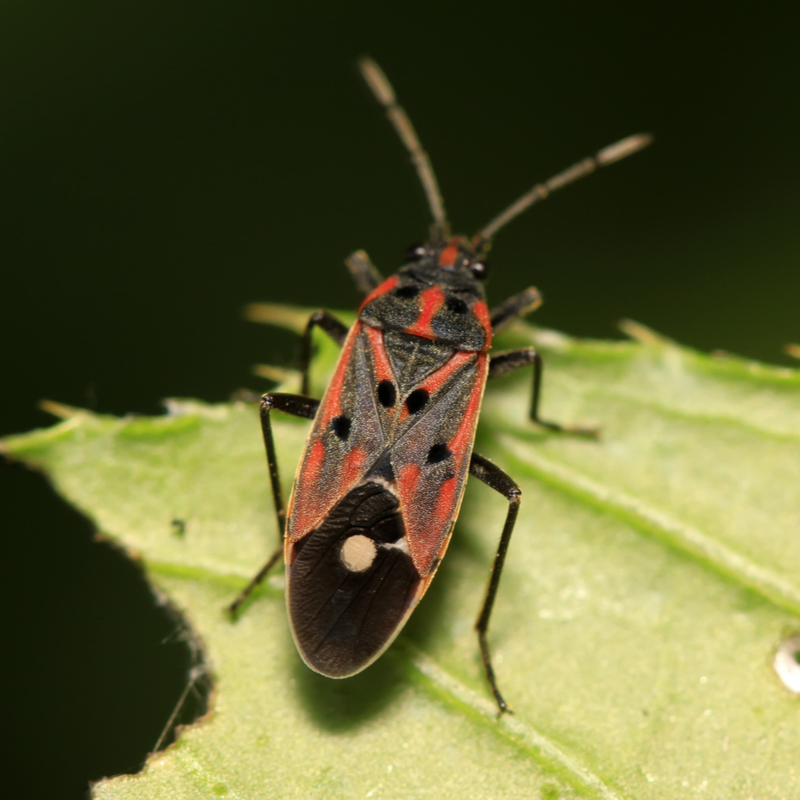

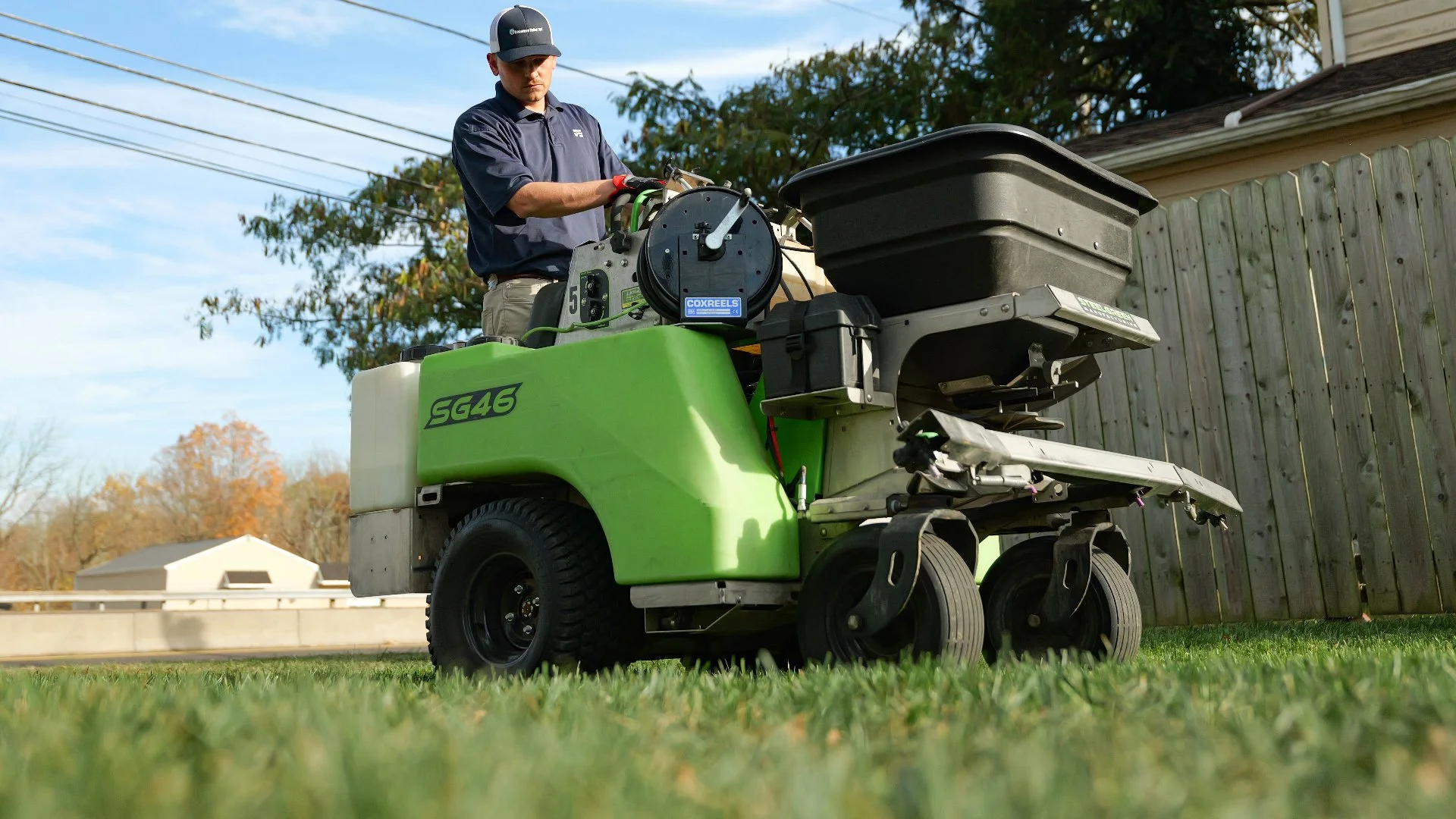
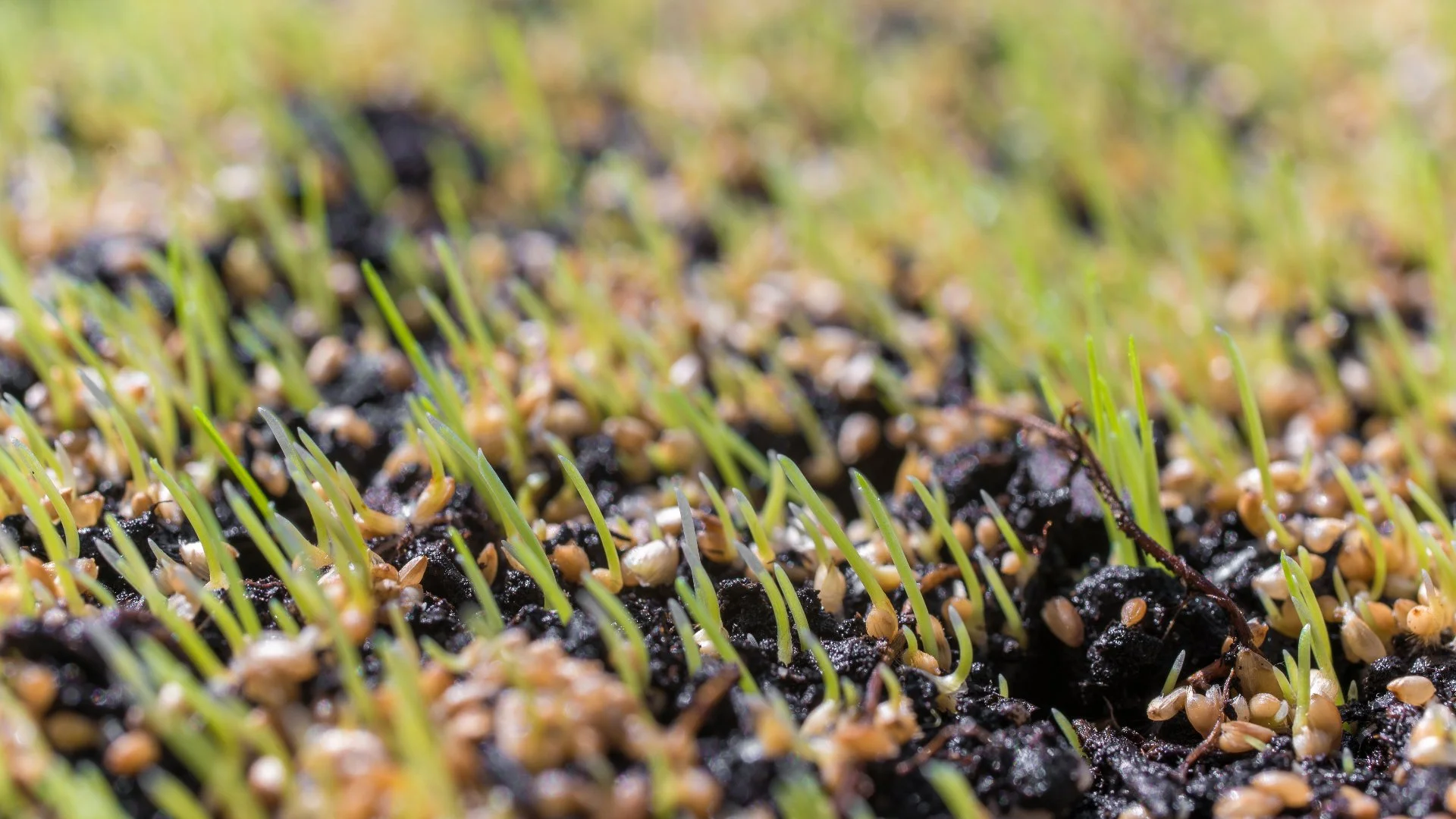

Comments (0)
Thanks for your comment!
Thanks for your feedback! Your comments have been successfully submitted! Please note, all comments require admin approval prior to display.
Error submitting comment!
There is a problem with your comment, please see below and try again.